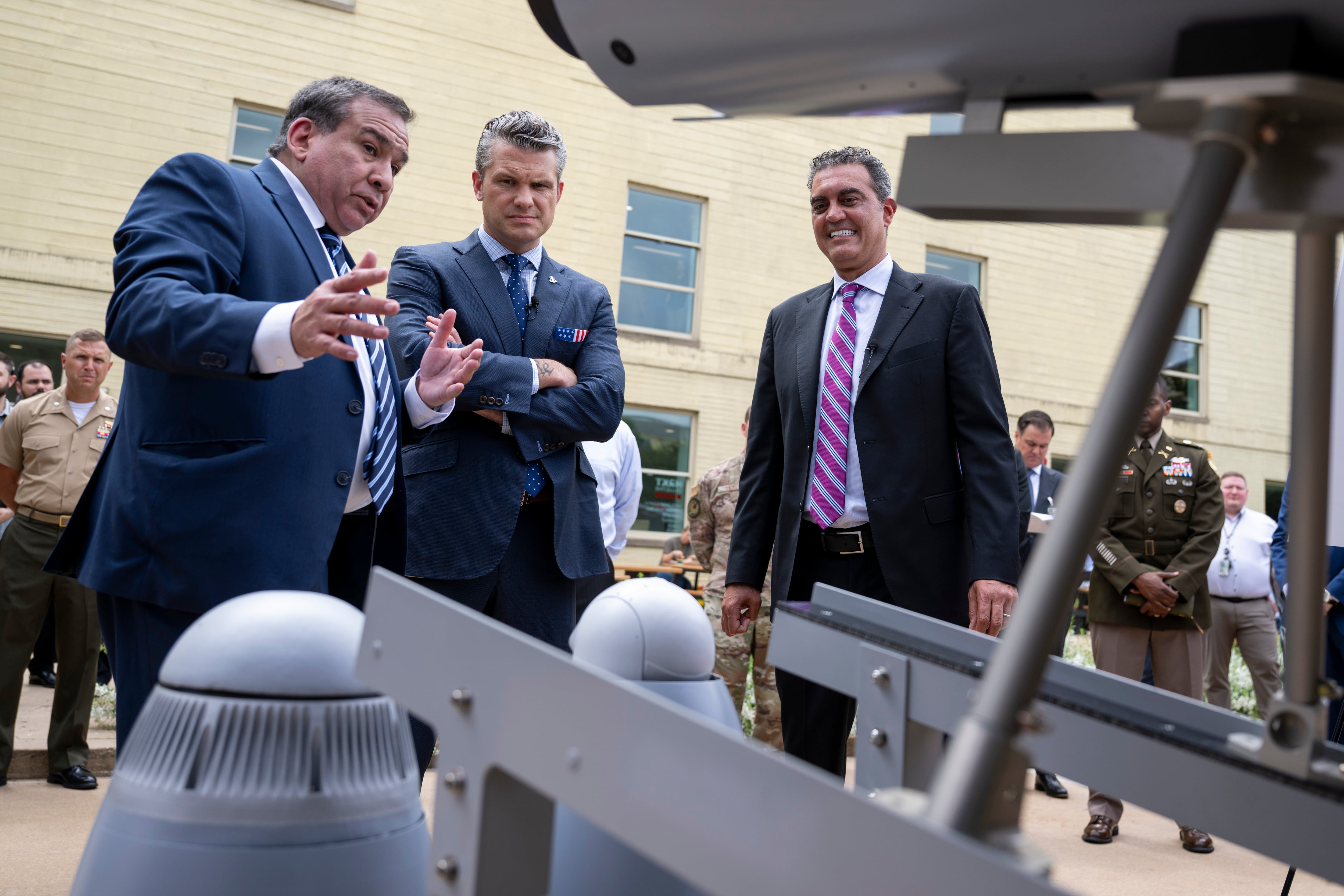BRUSSELS — NATO allies have raised concerns about what they call Russia’s use of a kind of electronic warfare during military exercises last month that jammed some phone networks, alliance Secretary-General Jens Stoltenberg said Oct. 26.
“At least two allies have reported about that,” Stoltenberg told reporters after chairing talks in Brussels between ambassadors from NATO and Russia. He said it highlights the need for Russia to be more transparent with war games “to make sure there are no miscalculations, misunderstandings, because these kinds of activities can have serious effects.”
Phone services in Latvia, Norway and Sweden’s Oeland islands were reported to have been shut down for a few hours during the Sept. 14-20 Zapad exercises that Russia held with Belarus. The jamming is suspected to have been launched by a Russian communications ship from the Baltic Sea.
“My phone shut down for about four or five hours. The suspicion is that it was a Russian ship in the Baltic Sea, with the technology capable of blocking cellular signals,” Latvian lawmaker Ojars Kalnins said earlier this month.
He said the jamming “focused on the Oeland islands in Sweden” but that “it did shut down all communications, including emergency phone service in Latvia. Our 911 service was shut down for several hours during this experimental attack.”
Norway’s intelligence chief, Morten Haga Lunde, said in Wednesday’s edition of the Aftenposten newspaper that Russia had also used a kind of electronic attack that could have endangered civilian aircraft in the area.
“There were exercises in GPS jamming — in electronic warfare,” he said.
“Mostly likely this was jamming that was intended to disrupt their own Russian forces’ use of GPS — but jamming that had side effects for (airline) and intercontinental flights of which Russia should have seen the range.”
Just after the Zapad exercises, the commander of the U.S. Army in Europe, Lieutenant General Ben Hodges, said that Russia had been busy developing “powerful, sophisticated” means of electronic warfare while NATO allies were more focused on “counter-terrorism type operations.”
“A lot of this was on display, cyber and other electronic warfare capability,” during Zapad, Hodges said. “They’ve continued to move on this.”








